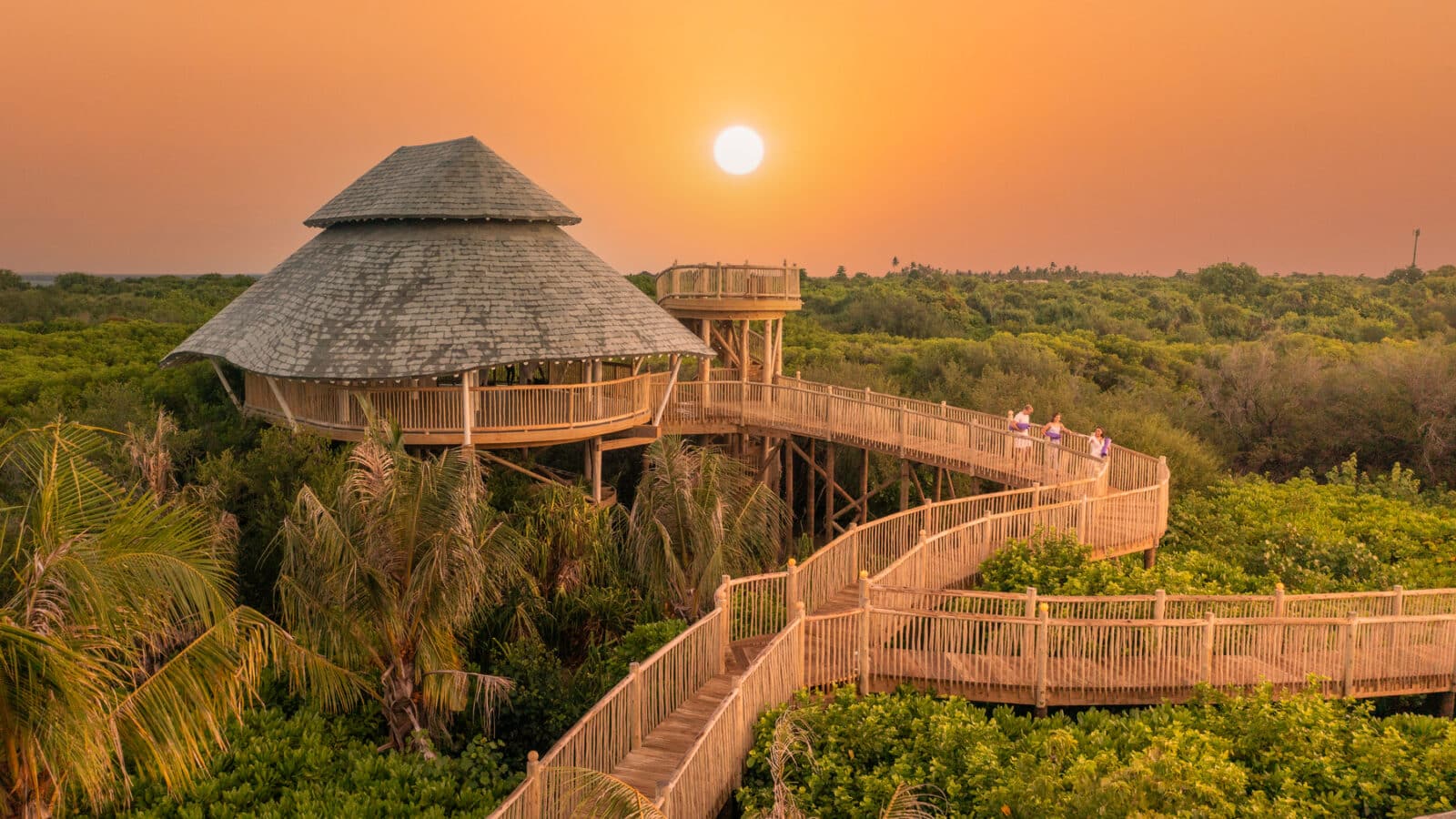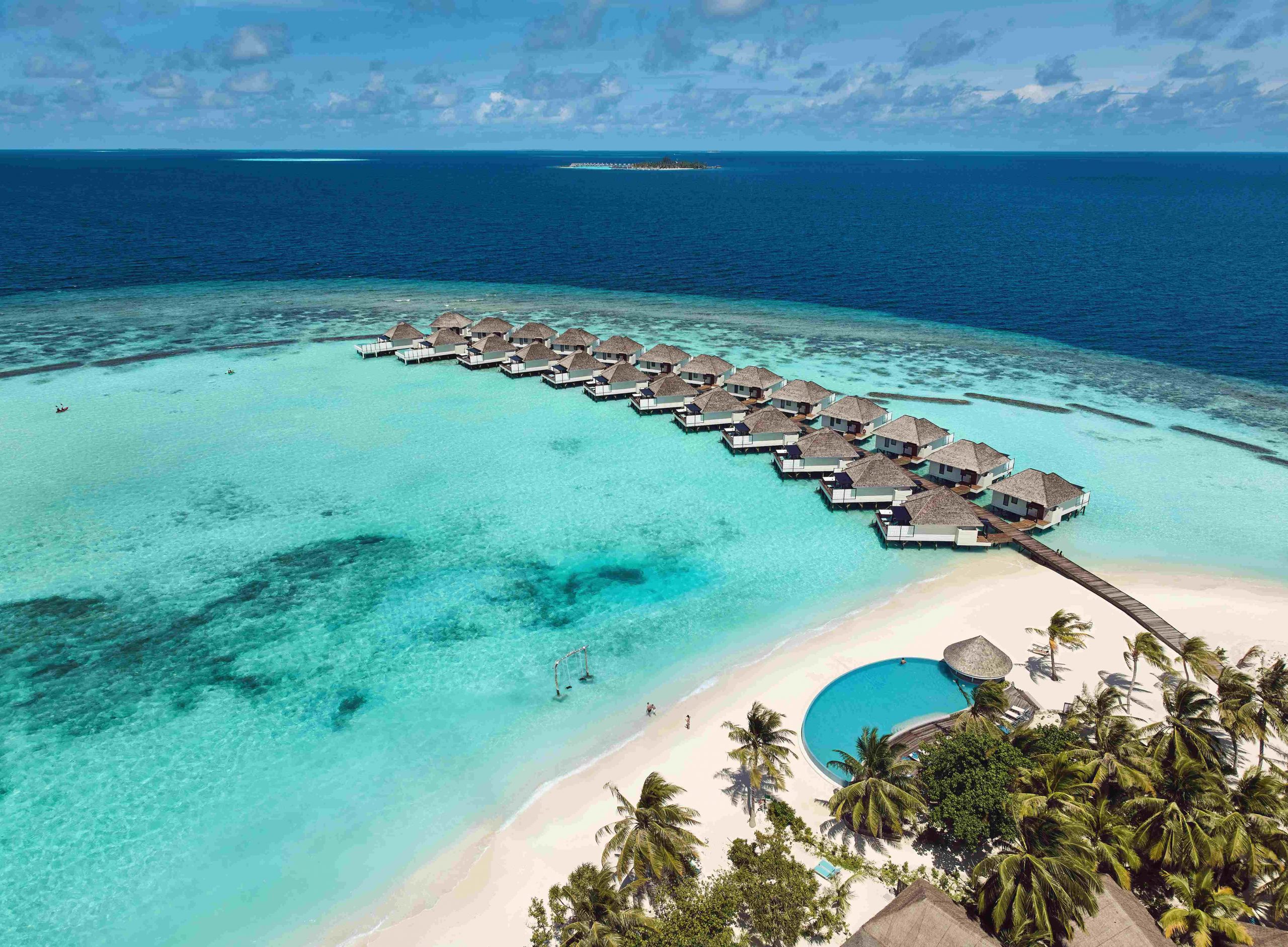Crossroads Maldives has announced it is set to open the Maldives’ first-ever co-working space located at The Marina @ CROSSROADS Maldives.
Located just 15 minutes away from the capital city Malé and accessible all day long with regular ferry services, ‘Your SPACE’ at CROSSROADS Maldives would be the first of its kind in the Maldives where freelancers, remote workers, start-ups, and other independent professionals can start co-working together in the communal setting.

Offering flexible membership levels from hot desk to designated desks and spaces, members would be able to enjoy complimentary return transfers from Malé, free Wi-Fi, secretarial services including printing, scanning, mail delivery, meeting room booking and self-service coffee and tea. Additional benefits include exclusive discounts from the diverse range of dining and shopping outlets at The Marina.
Cost of office space with high rents, long term contracts requiring high deposits has been a big drawback for a lot of freelancers and start-ups in the Maldives. We believe that our “all in one” membership options, requiring no deposits, no utility bill, no long term commitment, would give the flexibility in times like this to scale up or scale down as required by way of taking advantage of sharing economy principles that Your SPACE is built upon.
Managing Director of Hard Rock Hotel Maldives and CROSSROADS Marina.
Co-working spaces play a key role in today’s modern world by creating a community where networking opportunities are made easier and thrives with collaborations amongst co-workers through workshops, training and development activities that enhances efficiency and innovation within the economy.

Also read: Crossroads Maldives’ Renowned Resorts Shine at World Luxury Hotel Awards
CROSSROADS Maldives opened in late 2019 and features two lifestyle hotels, Hard Rock Hotel Maldives and SAii Lagoon Maldives – Curio Collection by Hilton, both of which have direct access to extensive facilities at The Marina @ CROSSROADS, an 800-metre lifestyle area and beach walk featuring retail, entertainment and dining outlets.
The facilities include a 30-berth quay, complete with world-class amenities and exclusive concierge services, the Junior Beach Club and Camp, the CROSSROADS Event Hall, Maldives Discovery Centre, and Marine Discovery Centre – the project’s environmental and educational hub.
For more information and details, contact yourspace@crossroadsmaldives.com







